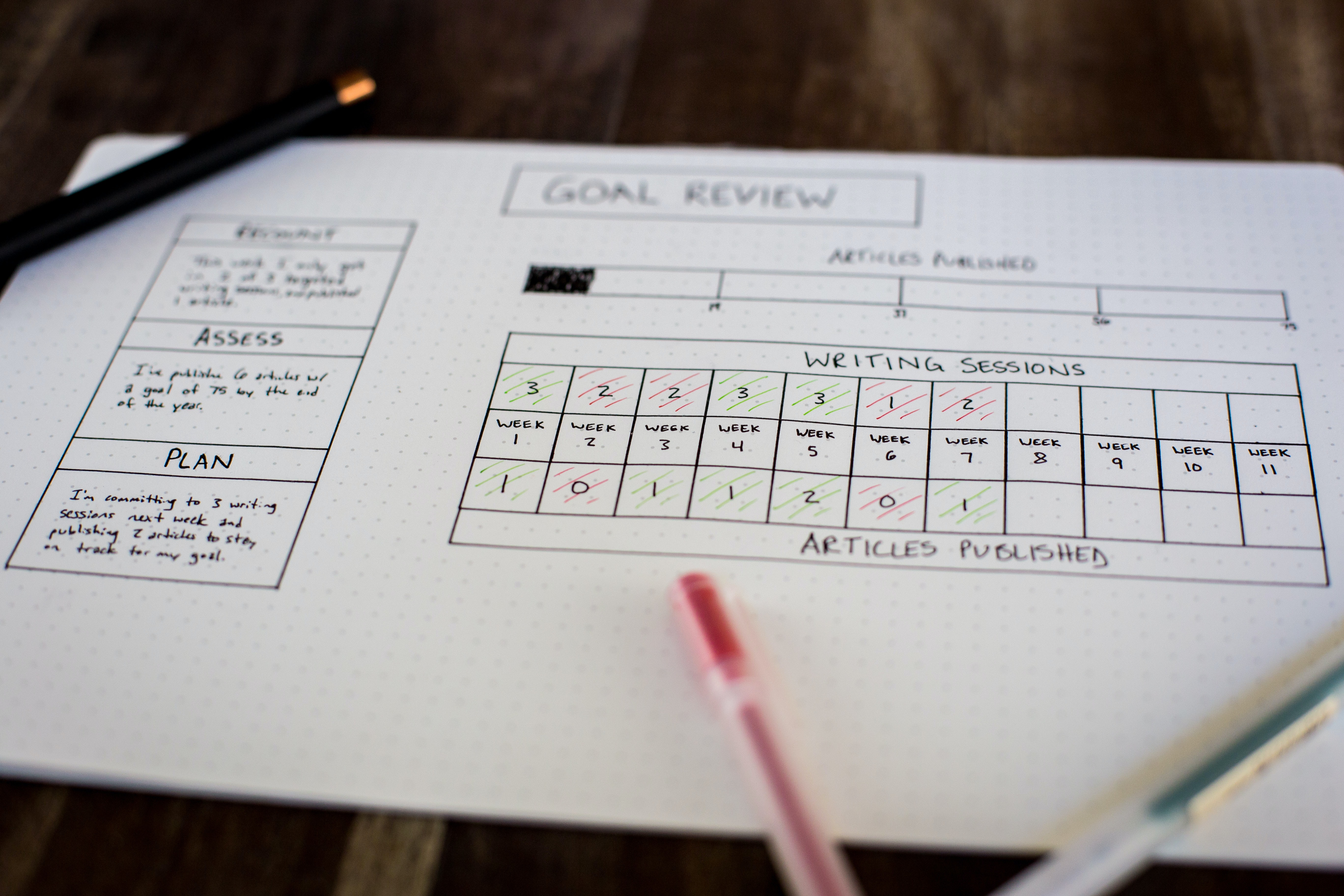We’ve all been there: staring at a daunting project, the deadline creeping closer, and all we want to do is put it off for another day.
Procrastination can be a real struggle, but it doesn’t have to control your life.
Allow us to share some strategies to help you counter procrastinate and get things done. So read on, and let’s put an end to procrastination once and for all!
Get rid of distractions
One of the best ways to counter procrastination is to get rid of distractions. If you can’t focus on your work because you’re constantly checking your phone or scrolling through social media, then it’s time to change your environment.
Try working in a quiet room where you won’t be disturbed, or put your phone on airplane mode so you can’t access it. If you’re struggling, you might even want to request working from home or somewhere you can tune in to “work mode” quickly.
Find an accountability partner
If you want to get things done, finding an accountability partner can be a terrific way to help you stay on track. This is someone who you can rely on to push you to reach your goals.
Ideally, your accountability partner should be more motivated than you are and who is willing to put in the extra work. They don’t have to be a friend or family member—in fact, it may be better if they’re not—but they do need to be someone that you trust and feel comfortable toiling with.
Set small and achievable goals

Image Credits: unsplash.com
Have you ever considered setting small and achievable goals? When you’re trying to do an immense task, it’s easy to get overwhelmed and feel like you can’t do it. But if you break the task down into smaller goals, it becomes a lot more manageable.
For example, if you have to write a report, don’t try to write the entire thing in one sitting. Instead, break it down into steps like writing the introduction, drafting the body, and penning the conclusion. And give yourself a specific deadline for each objective. This will help keep you accountable and make sure you don’t procrastinate on completing the task.
Understand your procrastination triggers
The first step in overcoming procrastination is understanding why you do it in the first place. What are the specific tasks, emotions, or situations that trigger your tendency to put things off? Once you know your catalysts, you can start to develop strategies to deal with them.
Some common triggers include boredom, perfectionism, and fear of failure. Once you’re aware of what sets you off, you can start to put into place some coping mechanisms to help you get past them. For example, if the fear of failure is your stimulus, try setting more miniature goals instead of aiming for perfection. Or if feeling a sudden load of pressure is your problem, break down large tasks into smaller chunks that are more manageable.
No one strategy will work for everyone when it comes to overcoming procrastination, but some general tips can help get you started. As mentioned earlier, you can try to identify the root of your procrastination. Is it perfectionism, a fear of defeat, or a lack of interest in the task at hand? Or you could set more undersized goals for yourself instead of trying to tackle the entire project all at once. Finally, don’t be afraid to ask for assistance. Whether you reach out to a friend or colleague for advice or use a productivity app to keep yourself on track, there are plenty of resources available to help you get things done.


